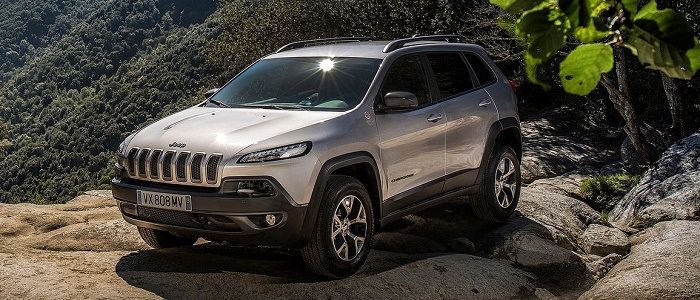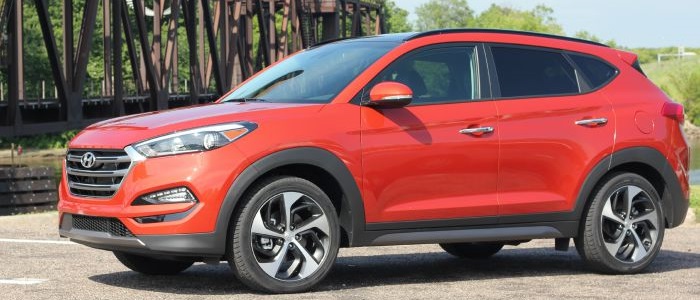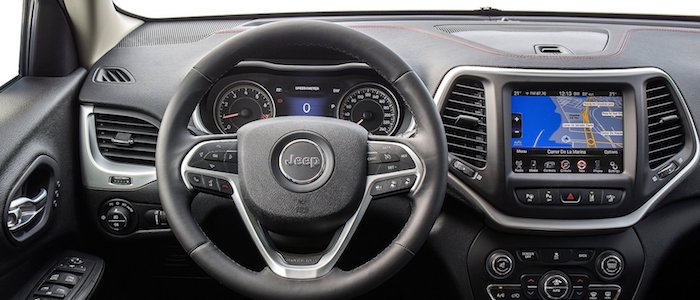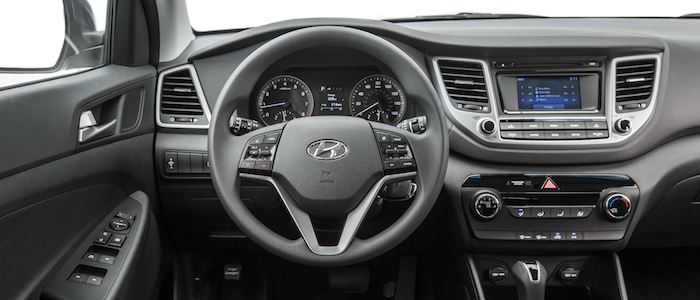Compare two cars
Compare any two cars and get our Virtual Adviser™ opinion
Dimensons & Outlines
Check vehicle history
Engine
Performance (manual gearbox)
Performance (automatic gearbox)
Expenses
Virtual Adviser's™ opinion
Well, these are two pretty similar cars we have here! It's only details that could potentially make the difference. Considering they both belong to the suv segment and utilize the same 5-door suv body style and the 4 x 4 wheel drive system, it all comes up to the specific petrol engine choice they offer. The first one has a Chrysler-engineered powertrain under the hood, a 6-cylinder, 24-valves 272hp unit, while the other one gets its power and torque from a 4-cylinder, 16-valves 177hp engine designed by Hyundai.
SafetyBoth vehicles got tested by European New Car Assessment Programme (Euro NCAP), with the same number of safety stars gained in the process. Still, apart from the official crash test results there are other things we need to be aware of. Both vehicles belong to the suv segment, which is generally a very good thing safety-wise, but that fact doesn't break the tie between the two cars. Furthermore, when it comes to weight, a factor that most people underestimate, the American car offers a considerable difference of 25% more metal.
ReliabilityReliability is not the best thing to consider on the make level, but it is worth mentioning that Hyundai as a brand displays somewhat better results, when all the models are taken into account. That's the official data, while our visitors describe reliability of Jeep with an average rating of 4.0, and models under the Hyundai badge with 4.5 out of 5. Independent research findings rank Cherokee as average reliability-wise, and Tucson is more or less at the same level.We should definitely mention that owners of cars with the same powertrain as the American car rank it on average as 3.0, while the one under the competitor's bonnet gets 4.5 out of 5.
Performance & Fuel economyJeep is undoubtly more agile, reaching 100km/h in 1.4 seconds less than its competitor. In addition to that it accelerates all the way to 206 kilometers per hour, 4km/h more than the other car. When it comes to fuel economy an obvious choice would be the Korean car, averaging around 7.6 liters of fuel per 100 kilometers (37 mpg), in combined cycle. That's 32% difference compared to the American car!
Verdict
Hyundai is apparently more reliable, not too much, but just enough. The most important thing when deciding between any two vehicles should always be safety, both passive and active. In my opinion, everything taken into account, the American car offers significantly better overall protection, taking the lead here. It all continues in the same direction, with Jeep outracing its opponent in any situation possible, making it better choice for boy racers. It does come at a cost though, and that's the fuel consumption... I believe that, when we take all into account, we have only one winner here - the Hyundai. Anyway, that's the most objective conclusion I could've came up with and it's based solely on the information found on this website. Aspects such as design, practicality, brand value and driving experience are there for you to measure them out. I suggest you spend two more minutes in order to find out which car, based on your needs and budget, would be picked by the virtual adviser™, among more than 12.000 different ones in our database.


































